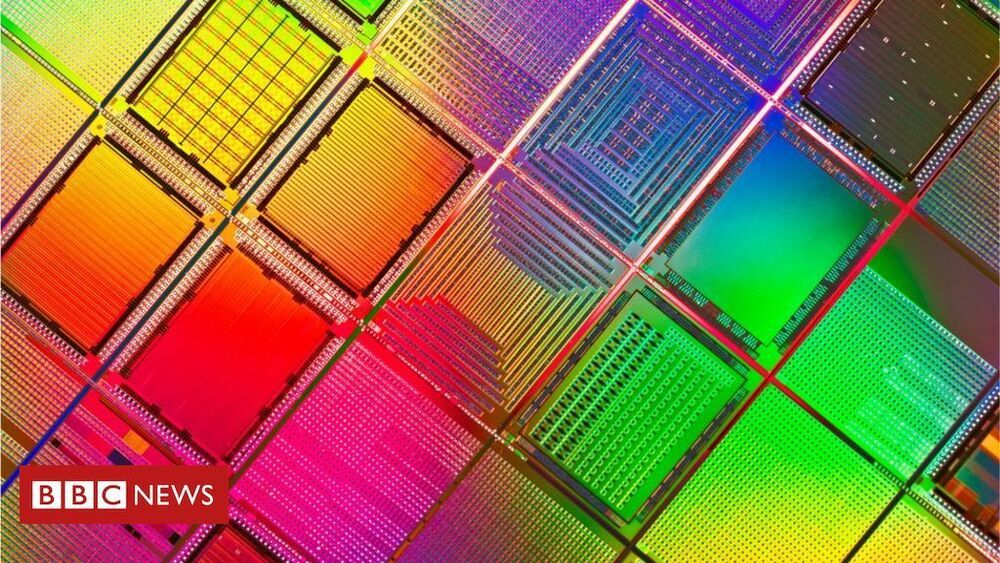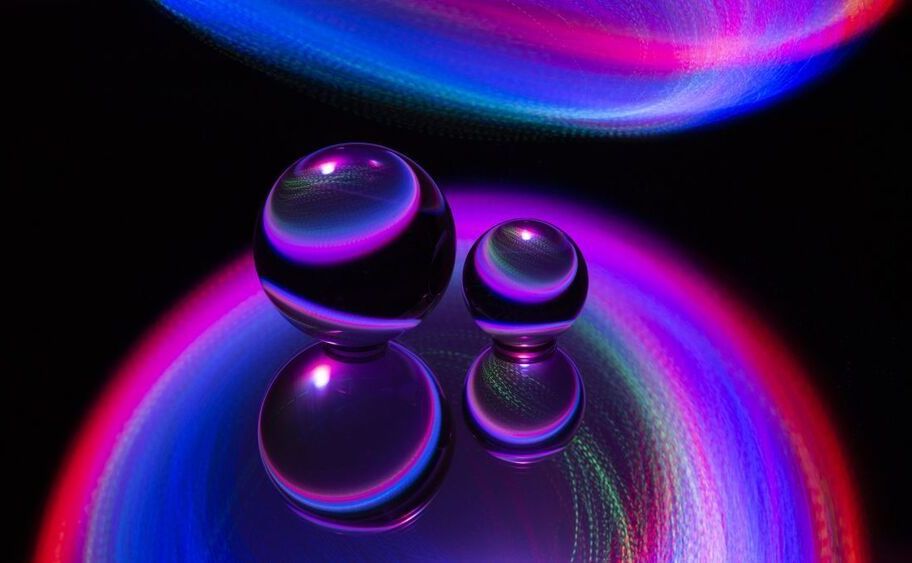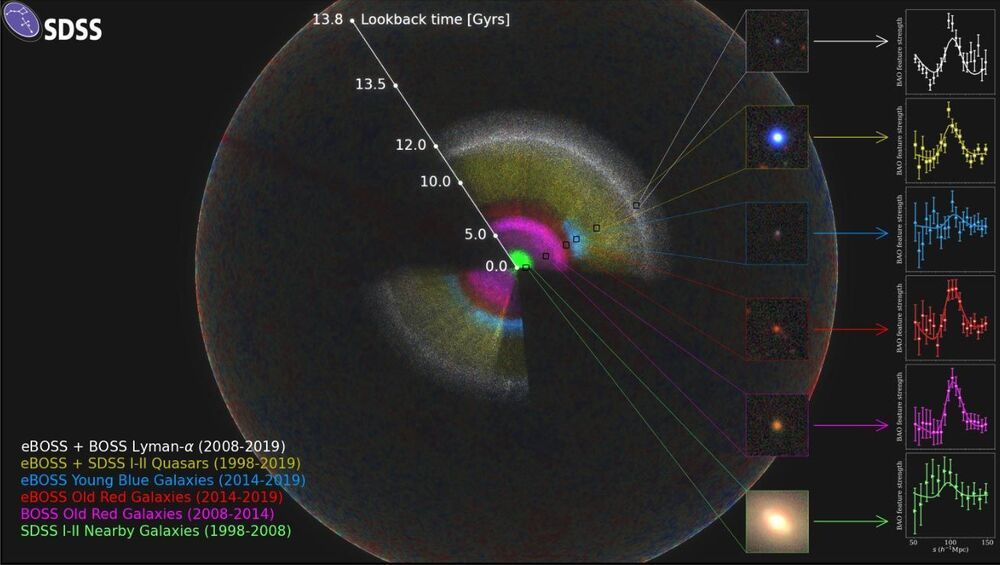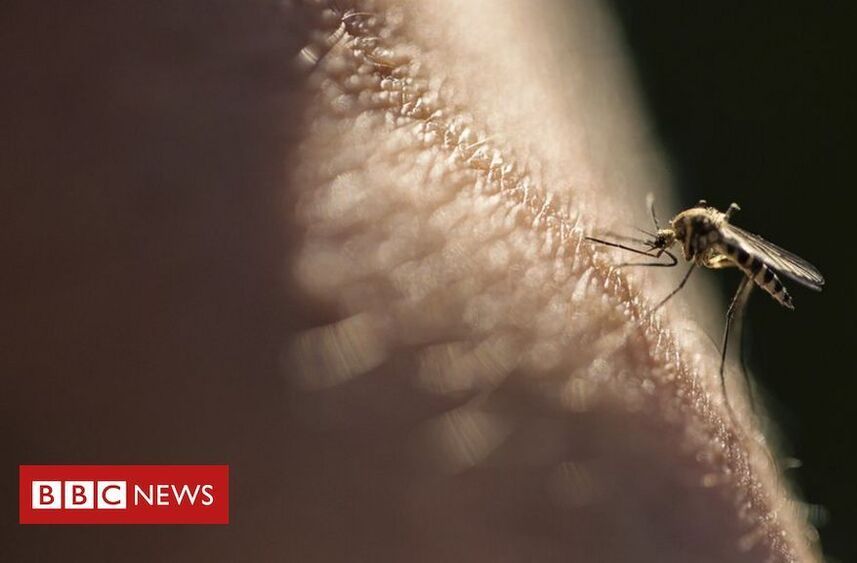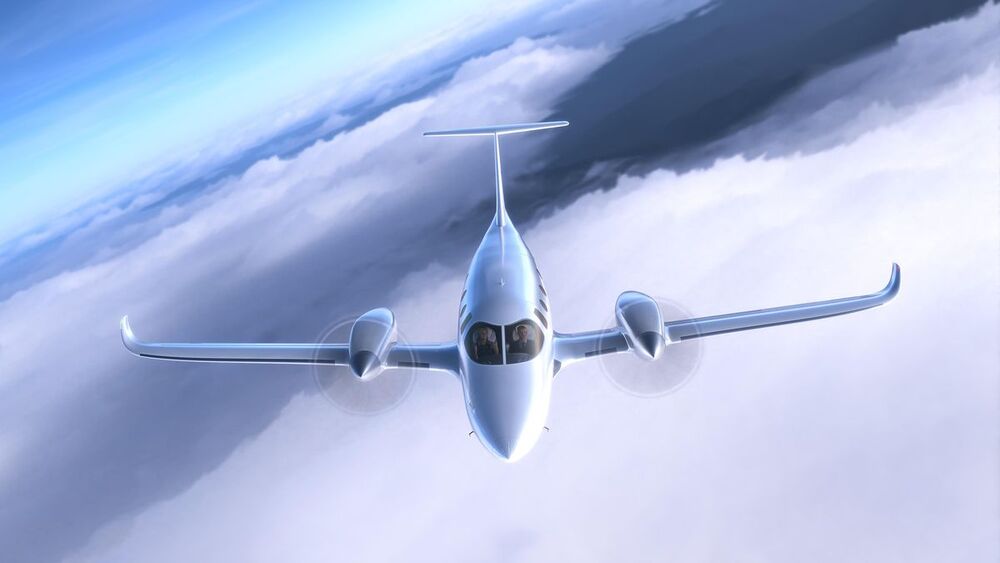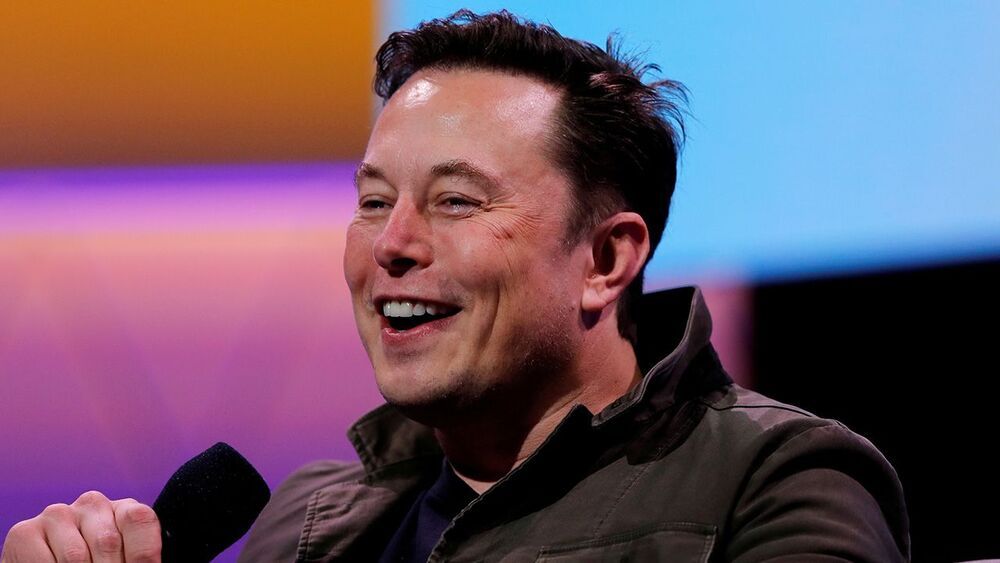Archive for the ‘innovation’ category: Page 124
May 5, 2021
Physicists get close to taming the chaos of the ‘three-body problem’
Posted by Quinn Sena in categories: innovation, physics
May 5, 2021
Uganda: Filters turn dirty lake water into drinking water | Global Ideas
Posted by Raphael Ramos in categories: innovation, sustainability
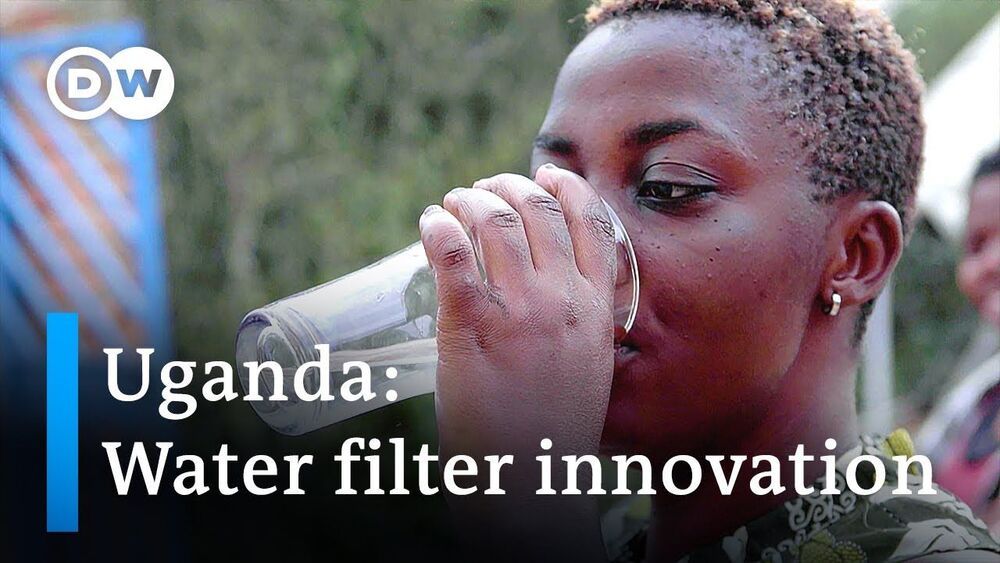
Innovation in Uganda.
Access to clean water may be a right, but it’s often hard to come by. Contaminated water kills. Henry Othieno and Saudah Birungi have developed eco-friendly filters for use in schools and homes. They turn dirty lake water into drinking water.
Continue reading “Uganda: Filters turn dirty lake water into drinking water | Global Ideas” »
May 1, 2021
New Breakthrough Towards Understanding Dark Energy
Posted by Quinn Sena in categories: cosmology, innovation
The extended Baryon Oscillation Spectroscopic Survey (eBOSS) collaboration has released its latest scientific results. These results include two studies on dark energy led by Prof. ZHAO Gongbo and Prof. WANG Yuting, respectively, from National Astronomical Observatories of the Chinese Academy of Sciences(NAOC).
The study led by Prof. Zhao was recently published in Monthly Notices of the Royal Astronomical Society.
Based on eBOSS observations, Prof. ZHAO’s team measured the history of cosmic expansion and structure growth in a huge volume of the past universe, corresponding to a distance range between 0.7 and 1.8 billion light years away from us. This volume had never been probed before.
Apr 23, 2021
Malaria vaccine hailed as potential breakthrough
Posted by Jason Blain in categories: biotech/medical, innovation
Early trials show Oxford developers may have finally found an effective jab against the disease.
Apr 22, 2021
Electric Aviation Trailblazer Bye Aims To Dethrone The King Air
Posted by Jason Blain in categories: innovation, transportation
Bye Aerospace reveals a design for an 8-seat electric airplane aimed to replace the best-selling turboprop, the King Air, with comparable performance and a similar price — but with less than one-fifth the operating costs. Bye’s plans hinge on claims of a battery breakthrough by partner Oxis.
Apr 17, 2021
7 Innovative Projects Making Cities More Sustainable
Posted by Shailesh Prasad in categories: innovation, sustainability
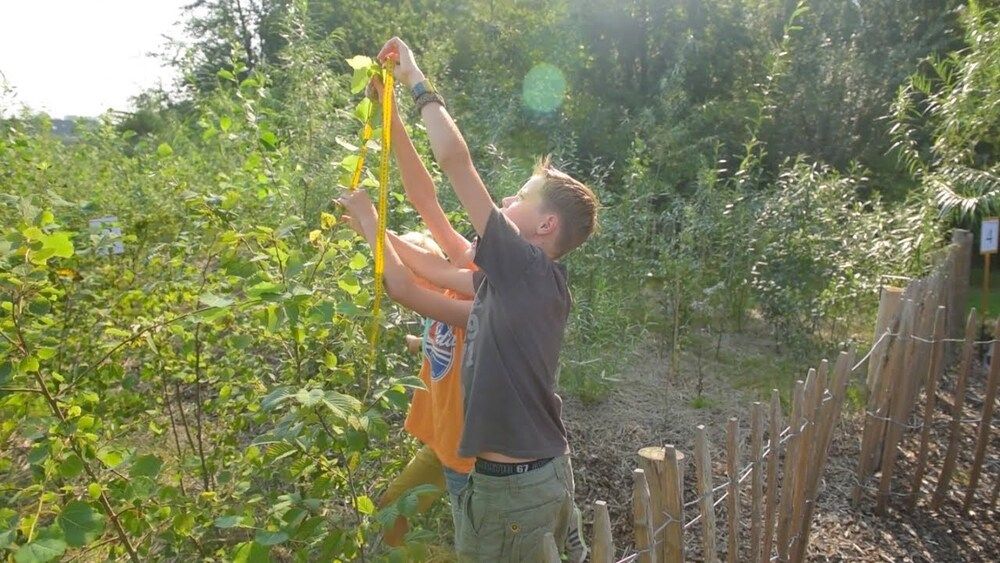
Sorry, we’re having trouble playing this video.
With an ever-increasing global population and rising urbanization, creating safe, resilient and sustainable cities is right at the top of the green agenda.
Continue reading “7 Innovative Projects Making Cities More Sustainable” »
Apr 17, 2021
Elon Musk may build Tesla’s future with high school graduates
Posted by Kelvin Dafiaghor in categories: Elon Musk, innovation
OEC promoting innovation and STEM in Africa.
Tesla CEO Elon Musk is recruiting for Giga Texas, which has more than 10000 openings.
Apr 16, 2021
Geoffrey Hinton has a hunch about what’s next for AI
Posted by Saúl Morales Rodriguéz in categories: innovation, robotics/AI
A decade ago, the artificial-intelligence pioneer Geoffrey Hinton transformed the field with a major breakthrough. Now he’s chasing the next big advance—with an “imaginary system” named GLOM, outlined in a recent paper titled, “How to represent part-whole hierarchies in a neural network.”
Apr 15, 2021
Latest Neuropixels probes can track neurons over weeks
Posted by Saúl Morales Rodriguéz in categories: innovation, neuroscience
A new generation of miniature recording probes can track the same neurons inside tiny mouse brains over weeks—and even months.
The new tools build on the success of the original Neuropixels probes released in 2017 and currently used in more than 400 labs. Neuropixels 2.0 are much smaller—about a third the size of their predecessors. They’re designed to record the electrical activity from more individual neurons and have the unique ability to track this activity over extended time periods. That makes them especially useful for studying long-term phenomena like learning and memory in small animals such as mice, says Tim Harris, a senior fellow at HHMI’s Janelia Research Campus who led the project. Harris and his colleagues describe the advance in a paper published online April 15 in the journal Science.
Neuropixels 2.0’s advances come from several key innovations, Harris says. Janelia scientists and engineers developed new ways to process the data. Strategic changes to the layout of the probes helped make them better suited to certain tasks. And engineers at imec, the non-profit nanoelectronics center that manufactures the probes, used imec’s proprietary technology to design, develop, and fabricate the probe.
